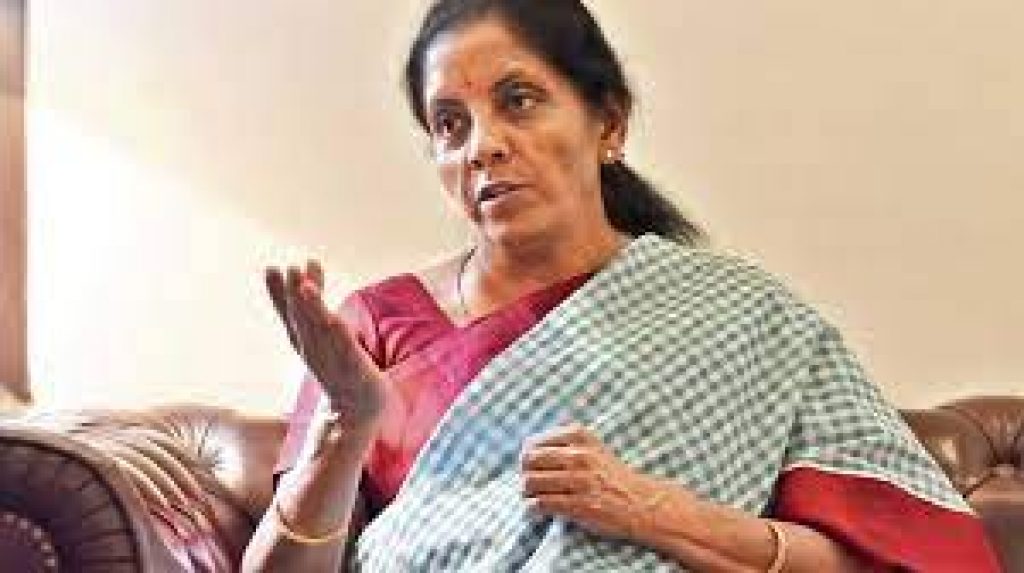The government of India recently decided to withdraw the retrospective taxation amendment in the I-T Act introduced in March 2012.
Daily Current Affairs Quiz 2021
In India, the Constitution gives the government the right to levy taxes on individuals and organisations, but makes it clear that no one has the right to levy or charge taxes except by the authority of law.
Any tax being charged has to be backed by a law passed by the legislature or Parliament. A tax “is not a voluntary payment or donation, but an enforced contribution, exacted pursuant to legislative authority”.
Taxes in India come under a three-tier system based on the Central, State and local governments, and the Seventh Schedule of the Constitution puts separate heads of taxation under the Union and State list.
There is no separate head under the Concurrent list, meaning Union and the States have no concurrent power of taxation.
